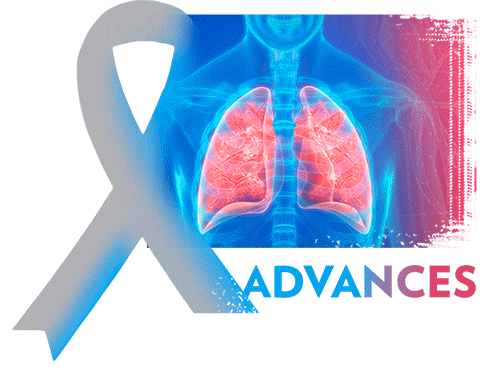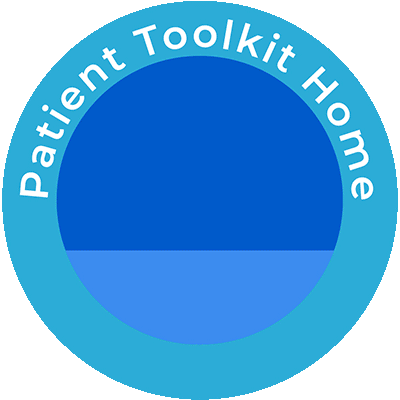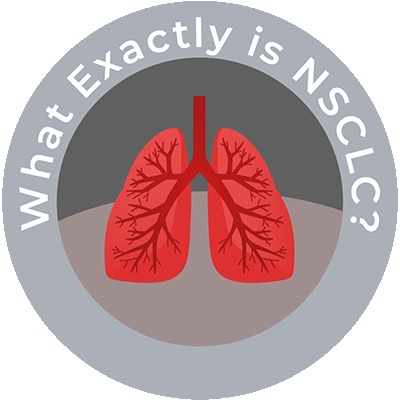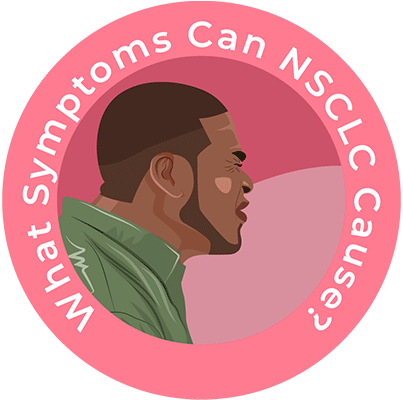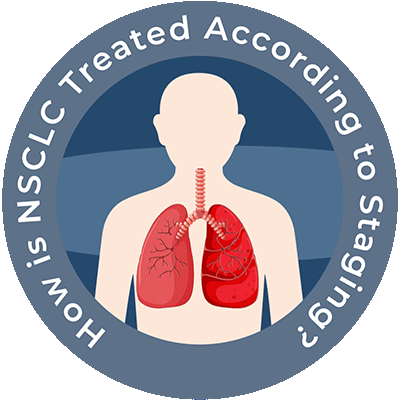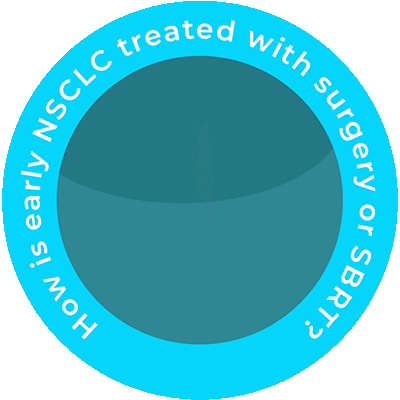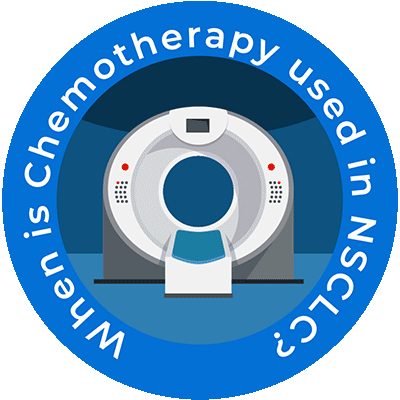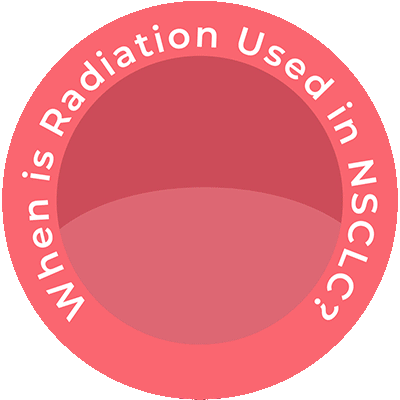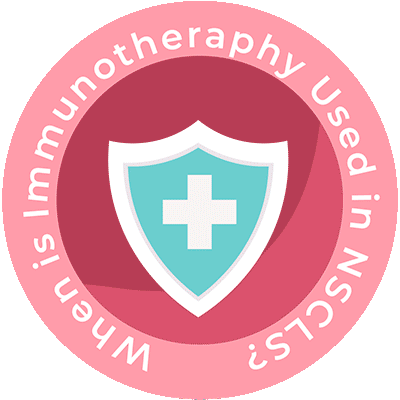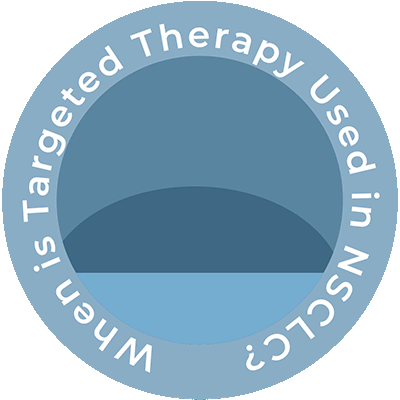When is immunotherapy used in NSCLC?
Immunotherapy
Immunotherapy is the use of medicines to help a person’s own immune system to recognize and destroy cancer cells more effectively. These drugs are known as immune checkpoint inhibitors.
An important part of the immune system is its ability to keep itself from attacking normal cells in the body. To do this, it uses “checkpoint” proteins on immune cells, which act like switches that need to be turned on (or off) to start an immune response. Cancer cells sometimes use these checkpoints to avoid being attacked by the immune system.
There are two main types of immunotherapy that can be used to treat NSCLC:
- PD-1/PD-L1 inhibitors
- CTLA-4 inhibitors
- Nivolumab (Opdivo®) can be used along with chemotherapy as a first treatment before surgery in people with certain early-stage NSCLCs. Nivolumab can also be an option as the first treatment in some people. It is given along with CTLA-4 inhibitor ipilimumab (Yervoy), which is described below, sometimes along with chemo as well. Nivolumab also be used in people with certain types of advanced NSCLC whose cancer starts growing again after chemotherapy or other drug treatments.
- Pembrolizumab (Keytruda®) can be used (sometimes with chemo) as part of the first treatment in some people with metastatic NSCLC and in people with certain types of advanced NSCLC whose cancer starts growing again after chemotherapy or other drug treatments. For people with stage III NSCLC who cannot have surgery or chemotherapy with radiation, pembrolizumab can be given as the first treatment.
- Cemiplimab (Libtayo®) can be used (sometimes with chemo) as part of the first treatment in some people with metastatic NSCLC. For people with stage III NSCLC who cannot have surgery or chemotherapy with radiation, cemiplimab can be given as the first treatment.
- Atezolizumab (Tecentriq®) can be used (sometimes with chemo) as part of the first treatment in some people with metastatic NSCLC and in people with certain types of advanced NSCLC whose cancer starts growing again after chemotherapy or other drug treatments. Atezolizumab can be used in people with stage II or early-stage III NSCLC who have already been treated with surgery followed by chemotherapy. The use of this drug after surgery is known as adjuvant therapy.
- Durvalumab (Imfinzi®) can be used in people with stage III NSCLC whose cancer cannot be removed with surgery and has not gotten worse after they have received chemotherapy with radiation (chemoradiation). The goal of treatment with this drug (also called consolidation therapy) is to keep the cancer from getting worse for as long as possible.
- Ipilimumab (Yervoy®) can be used along with the PD-1 inhibitor nivolumab (Opdivo®), with or without chemo, to treat certain types of advanced NSCLC, but it’s not used alone.
